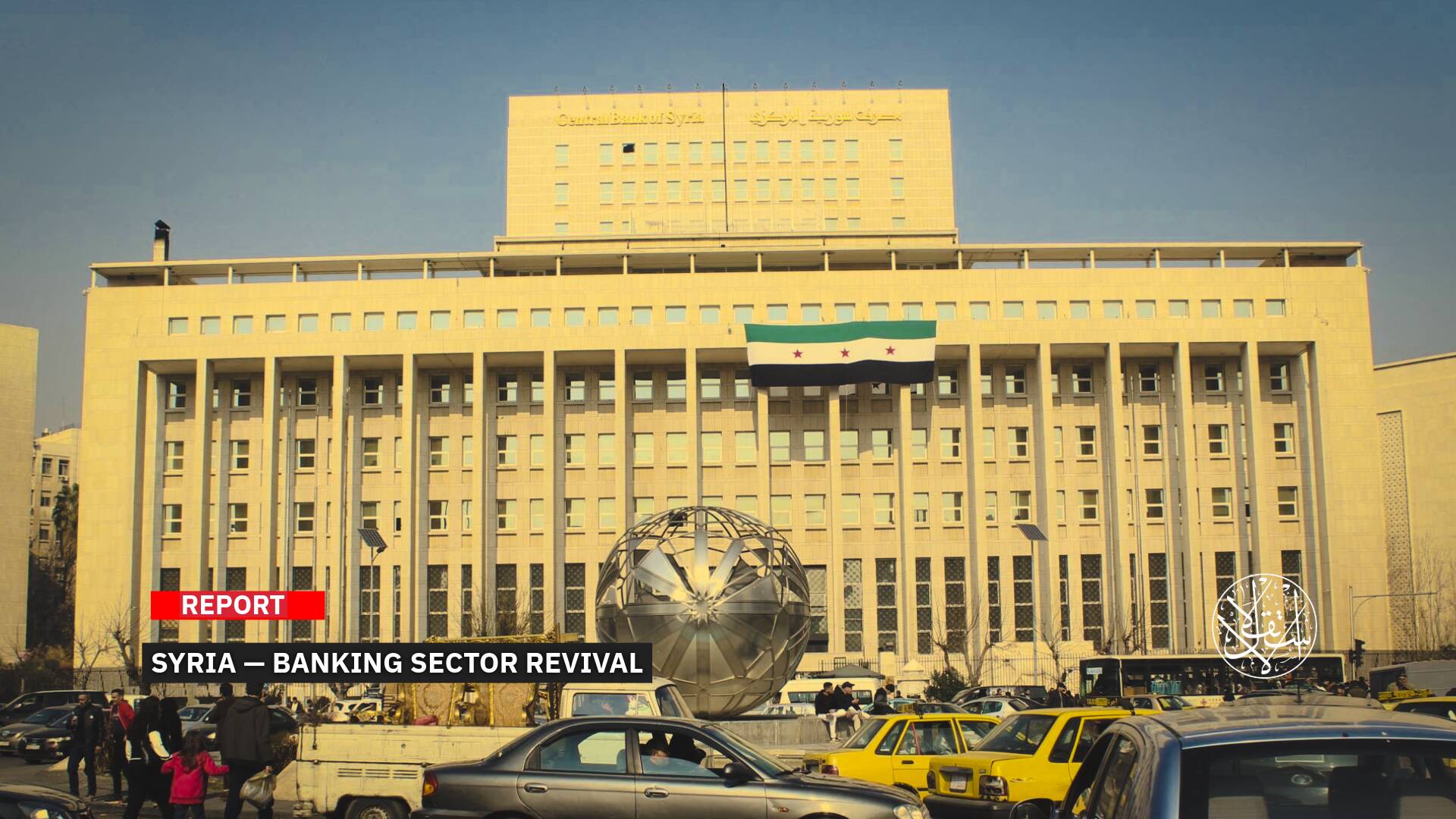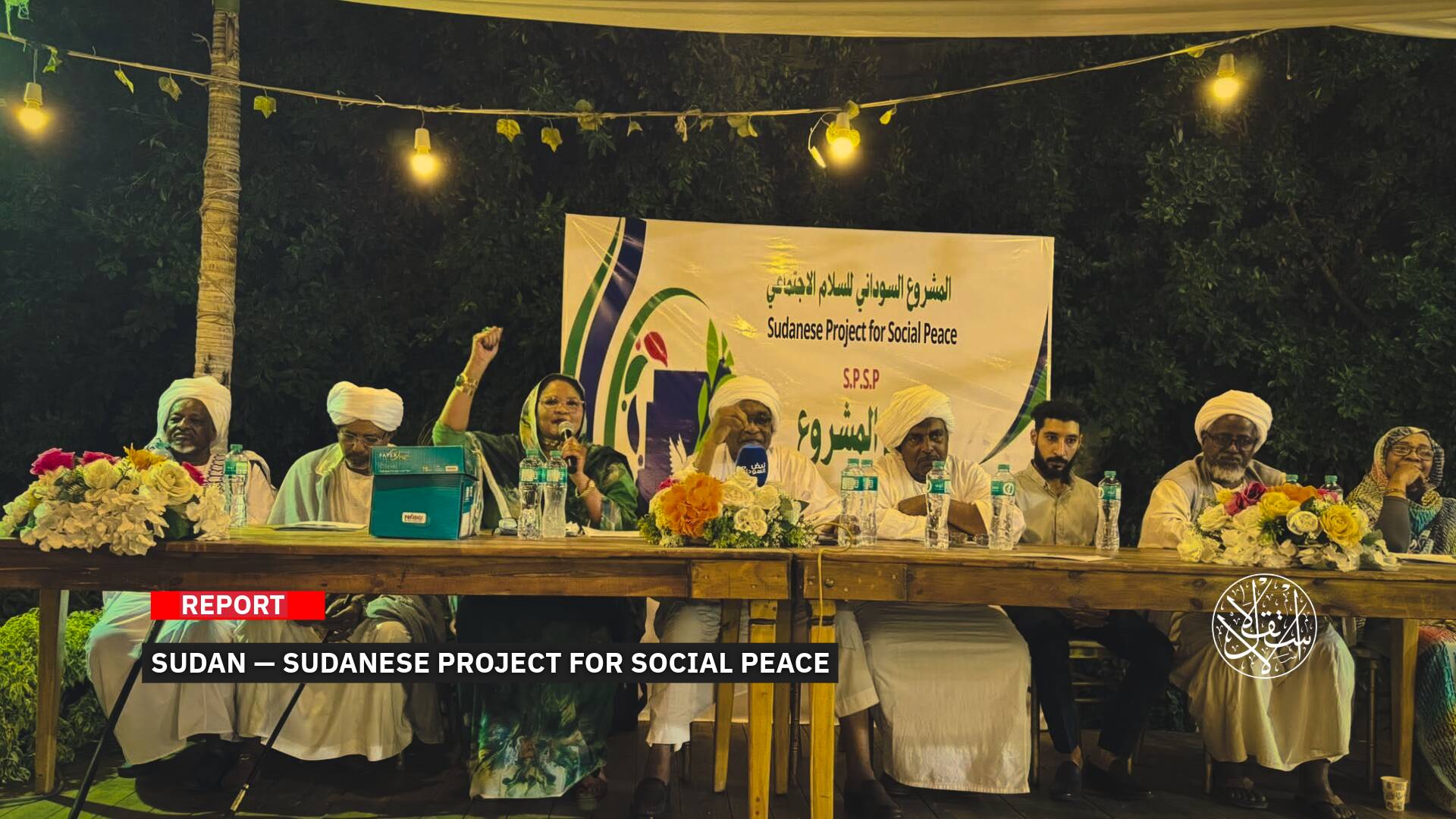A Third Term for the Chinese President: These Are Xi Jinping’s Priorities for the Next 5 Years

Chinese President Xi Jinping on October 23 secured a historic third term as the head of the Communist Party, according to the state news agency. The rare third term disregarded the age and number of mandate limits that have traditionally been respected.
After he removed any opposition in the country and within the party ranks, Xi Jinping became China's most powerful leader since the founder of the regime, Mao Zedong. He will be officially installed as the head of state for a new term in March 2023.
Upon receiving a new five-year mandate from the new Central Committee, Xi pledged to work hard to fulfill his duties.
Xi, who has been China's leader for a decade, was appointed by the Politburo Standing Committee, the body that holds the actual power, along with six other members, all of whom are his close allies.

3 Main Priorities
To answer the question about the main priorities for Jinping during the next 5 years, Zack Cooper, an American Enterprise Institute fellow and former National Security Council official, said: "I'm not sure that there are going to be any simple or clear answers."
Yet, he added: the priorities would be mostly focused on three main areas—foreign and military policy, party politics, and economics—as is the rest of the world. It is necessary to mention that the implications of his external orientations are huge as rhetoric intensifies between China and the USA.
"I think Xi and his new team are going to aggressively reassert themselves on the world stage from the G20 onward," said Cooper. "I will want to see signs of what they are prioritizing as they re-engage globally."
From his side, Ronald Kirk, who served as the US trade representative from 2009 to 2013, emphasized: "We've got to be very sober about the fact we're entering an engagement with a very different China."
In a speech to the press, Xi stressed that China cannot develop without the world, and the world also needs China.
Within a decade, Xi succeeded in transforming China into the second economic power in the world and creating an army that is one of the most powerful in the world.
After more than forty years of unremitting efforts for reform and opening up, we have achieved two miracles: rapid economic development and long-term social stability, he stressed.

Concentrated Power
Despite the concentration of the authorities almost completely in his hands, Xi is facing a strong economic slowdown, especially as a result of his zero-Covid policy. The enforced continuous closure and quarantine measures had a negative impact on China's economy, along with the exacerbated differences and rivalry with the United States and international criticism on the level of humans.
The new standing committee confirms Xi Jinping's dominance of political power, according to analysts.
"They are all Xi's men," said Alfred Muluan Wu, an expert on Chinese politics at the National University of Singapore. "It shows that he intends to rule for longer than a third term" and thus beyond 2027.
Willy Lam, an expert on Chinese Communist Party issues at the Chinese University of Hong Kong, said that China's next 5 years will be marked by the unusually unequal dominance of one faction, that of Xi Jinping.
Experts on China affairs revealed that far from the apparent homogeneity, the Chinese Communist Party is internally divided into several antagonistic currents.
So far, settlements have been taking place over the distribution of positions, the most prominent example of which is the appointment of Xi Jinping himself.
CNN quoted Victor Shih, an expert on elite Chinese politics at the University of California San Diego, saying: "Filling the body with Xi loyalists would change the power-sharing arrangement that China has seen since the late 1970s."

Removing his Opponents
With no consensus being reached on a candidate in 2012, the various factions of the party eventually appointed Xi as the consensus candidate.
Later, however, he surprised everyone by removing his opponents to gradually gripping all powers at the head of the Party, severely suppressing any opposition.
Seeking to stay in power, Xi changed the constitution to abolish the two-term limit imposed on the president in 2018.
In its first plenary session, the new Central Committee of the party voted, as expected, for the 69-year-old leader to continue for another five years.
The day before, the CPC's national congress, held every five years, amended the Party Constitution to reflect Xi's ideology and enshrine his leadership role more deeply.
Some 2,300 party delegates that govern the country of 1.4 billion people approved the amendments at the end of the week-long conference in Beijing on Saturday.
Xi, 69, has been general secretary of the Communist Party of China since 2012.
Delegates supported the inclusion of several theoretical concepts in the constitution: among them, the "two institutions," which cement Xi's position in power as the foundation of the party, and Xi Jinping's ideas of Chinese-style socialism, in a new era, as guiding principles.
Other slogans were also added, demanding loyalty, integrity, support for leadership, and adherence to the party's line from the party's 96 million members.
Following the meeting, Xi introduced his new leadership team, made up of loyal followers, during a press briefing.
Next to him on the podium was his close friend, Li Qiang, the leader of the Shanghai Party, who is seen as a possible new head of government in March, although he has faced criticism for his handling of the city's lockdowns due to the pandemic.
Sources
- Xi tightens grip on power as China unveils new leaders
- Wolves and word choice: outsiders try to decode China’s 20th party congress
- “Jin Ping” elected general secretary of the Chinese Communist Party for a third term and for the first time in 25 years, the Politburo does not include any women.. Putin congratulates him and Kim hopes for a “wonderful future” for relations between the two countries [Arabic]












